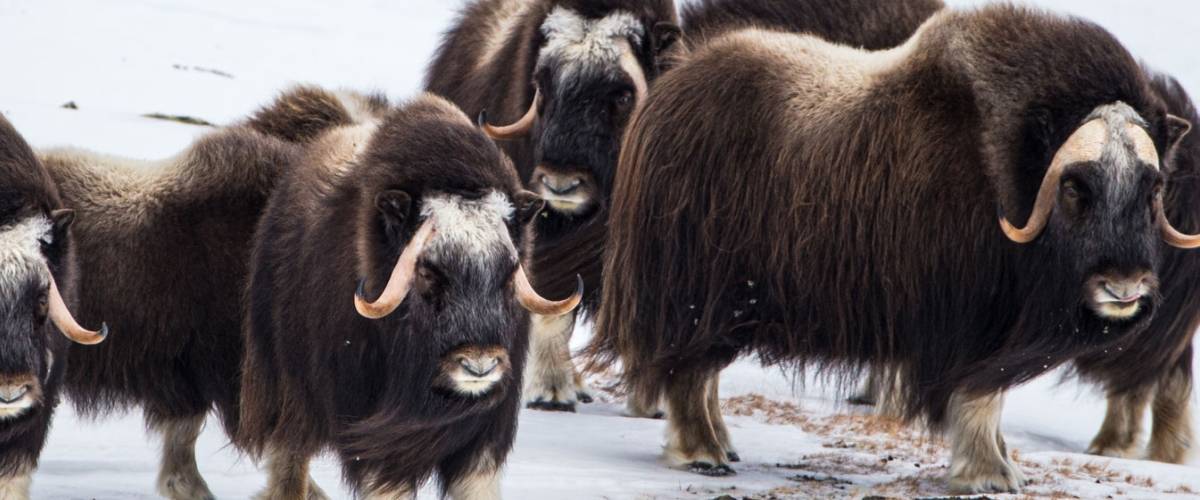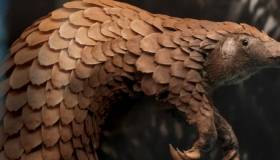
October 27, 2022 – For almost 75 years, Morris Animal Foundation has been a global leader in funding studies to advance animal health. With the help of generous donors like you, we are improving the health and well-being of dogs, cats, horses and wildlife around the world.
COINFECTIONS
Urinary tract infections are common in dogs. Two species of bacteria, E. coli and Enterococcus spp., often are noted as coinfections, especially in cases of recurrent infection. North Carolina State University researchers conducted a five-year retrospective study of dogs with urinary tract infections seen at their hospital. The team found dogs with both E. coli and Enterococcus spp. had more frequent adverse clinical outcomes, including a higher probability of resistance to treatment – important information for improving patient care. (Journal of Veterinary Internal Medicine, May 2022)
SUPER BUG
Methicillin-resistant Staphylococcus aureus (MSRA), considered a super bug, is a well-known, serious agent of infection in people. Researchers at Johns Hopkins University and the University of Pennsylvania identified risk factors that increased the likelihood of pets contracting MRSA. The team found bacterial species can be a driver of infection; S. aureus was more likely to be multidrug resistant than S. pseudintermedius isolated from pets. Use of antimicrobials did not appear to be a risk factor for pets acquiring infection. (Zoonoses and Public Health, April 2022)
SAFER ANESTHESIA
Przewalski’s horses, formerly extinct in the wild, have been reintroduced to their natural range in Mongolia, thanks to the efforts of international zoo-based conservation breeding programs. Successful veterinary intervention and care for this species often requires anesthesia. Toronto Zoo researchers identified an anesthesia technique for Przewalski’s horses that can safely immobilize conservation animals with significantly fewer side effects than a commonly used anesthesia protocol. (American Journal of Veterinary Research, May 2022)
MUSKOXEN STRESS
New environmental stressors in the Arctic ecosystem, including increased heat stress and changes in exposures to existing and emerging pathogens, are leading to unprecedented declines in wild muskoxen herds. University of Calgary researchers found levels of the stress hormone cortisol measured in collected hair samples of wild muskoxen were higher in a declining population than in a stable population and were negatively associated with body condition. Cortisol monitoring could be used to check the health and well-being of wild herds. (Conservation Physiology, January 2022)




